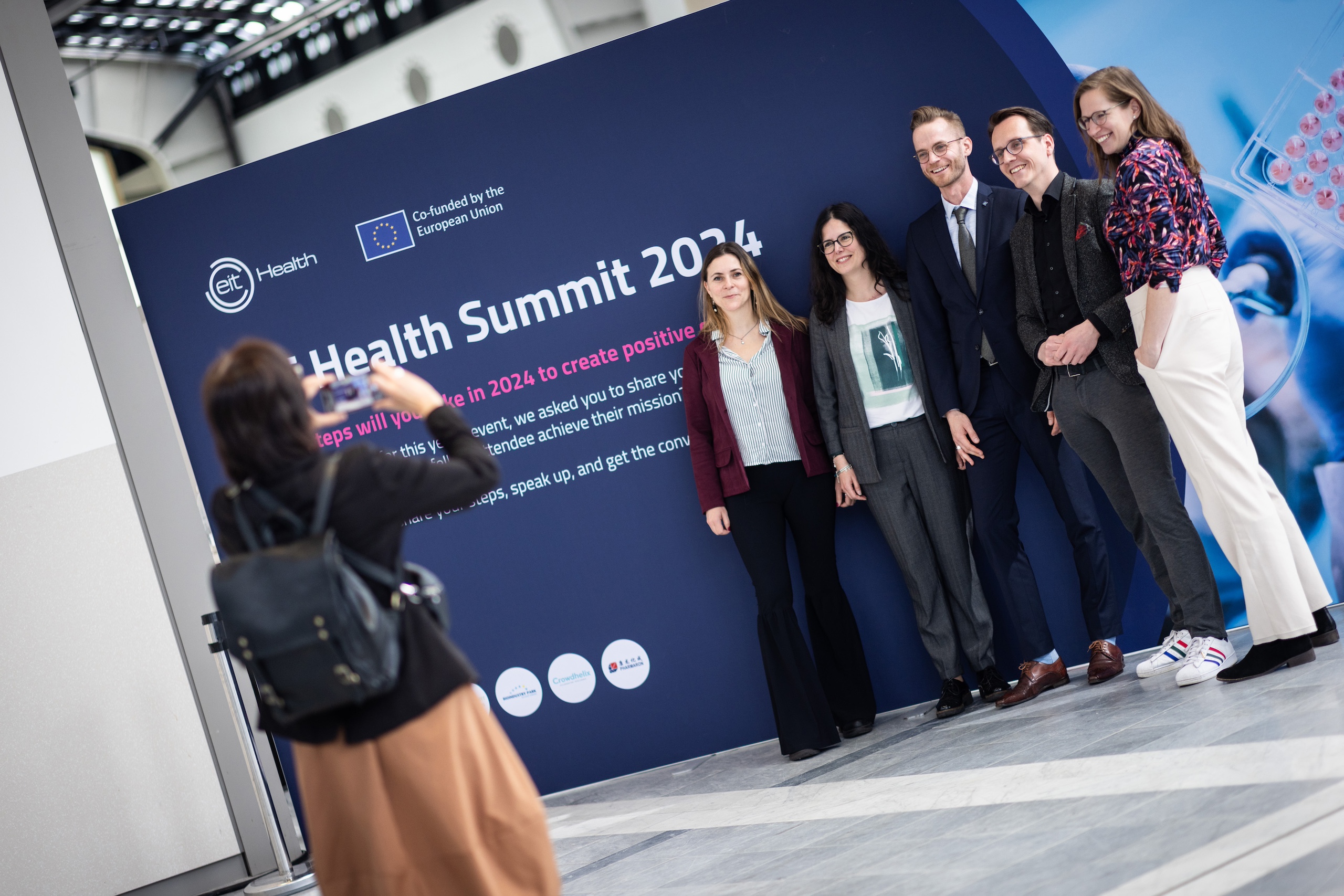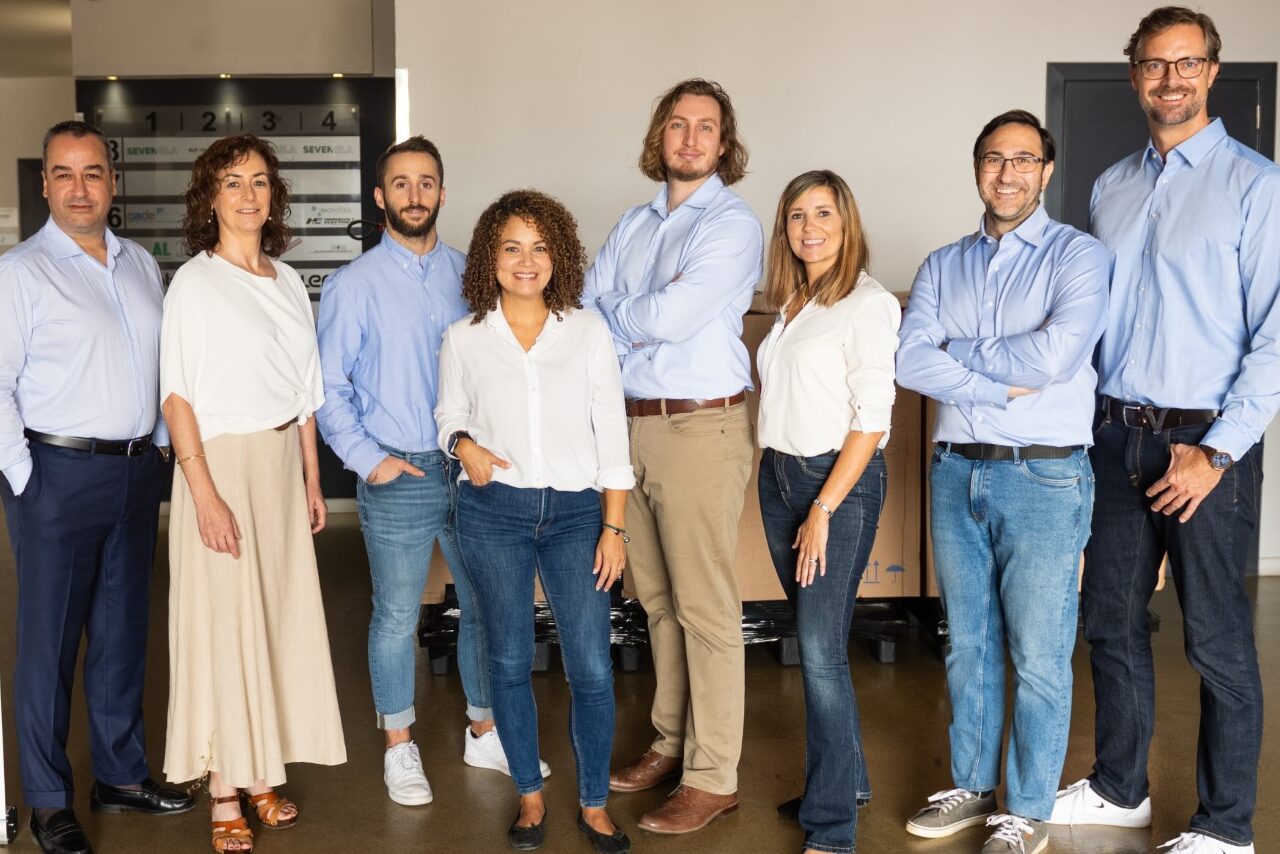24th March 2023
Summary
The European Commission ambitions to develop an integrated human digital twin in Europe, as
well as to create a diverse ecosystem in modelling and simulation approaches with a coherent
roadmap. Cardiovascular diseases are identified as one strategic use case of interest for clinical
trials supported by digital twinning technologies.
Within this framework, a one day-workshop on the Digital Heart, initiated by the EU funded project
SimCardioTest, and co-organised by the EU-funded Research and Innovation Actions SIMCor,
SimInSitu, the Coordination and Support Action EDITH and the EIT Health project inEurHeart will
gather the European scientific community, start-ups, SMEs and industrial companies working on
the digital heart, on the 22nd of March in Bordeaux.
INTRODUCTION
Cardiovascular diseases are the leading cause of death worldwide, with 15 million people living with
heart failure in Europe alone.
Among those, the prevalence of heart failure alarmingly continues
to rise. While new solutions are urgently required, it is especially difficult to discover new drugs or
devices. Despite significant investments in R&D, the number of new drug approvals is not
increasing and development cycles for novel devices remain lengthy due to the high costs and
difficulty in commercialisation. Furthermore, the regulatory requirements for approval of novel
devices are ever increasing.
The power of digital technology and data exchange is known to support innovation: artificial
intelligence, high-performance computing, cloud computing, along with the internet of things, all of
which continue to impact our everyday lives. Our health data is no exception, as it can significantly
contribute to enhance disease prevention, early diagnosis, and the development of personalised
care strategies.
In-silico computational approaches can be used to predict complex clinical scenarios.
The European Commission supports the use of digital technologies and health data in the digital
transformation of health and care. Along this line, the Commission has funded, inter alia, three
Horizon 2020 research and innovation actions, namely SimCardioTest, SIMCor, and SimInSitu to
support the development and application of in-silico testing technologies in cardiology to sustain the
development of new drugs and medical devices. Besides such projects, the Commission has
recently funded, a new coordination and support action, namely EDITH, to coordinate European
efforts for the creation of digital twins in healthcare. EIT Health supported by the European
Commission is also funding the project inEurHeart aiming at revolutionizing catheter ablation, a
procedure performed in certain cardiac pathologies.
With these projects, methods for testing medical devices and medicines on virtual populations
are developed and made available. Those models allow to meet the rigour of regulatory
demands, so that the associated risks and flaws can be addressed before substantial investments
in t in clinical trials.
Innovative ideas could emerge from large-scale simulations. For instance, outliers within
patients’ cohorts or minority groups that are not usually considered in standard clinical trials
(e.g., children) can be identified. Furthermore, costs and efforts for extending the scope of existing
medical devices and therapies to additional patient (sub-)groups can be reduced significantly.
THE PROGRAM
In the recent years, new approaches to modelling and simulation have begun to provide important
insights into biomedical perspectives: in-silico models are used in various clinical decision support
systems and in the development and testing of medical products and devices.
The Virtual Human Twin (VHT) is a technological and methodological framework dedicated to the
sharing of experimental observations, derivation of predictive hypotheses and their integration for a
continuous improvement of our understanding of human physiology and pathology, by regarding it
as a single system. VHT has been designed to enable collaborative investigations of the human
body, particularly for the clinical translation of patient-specific model predictions to support clinical
decision-making.
As defined by Pappalardo et al (2019), in the context of in silico medicine, the term “in-silico
clinical trials“ refer to the development of patient-specific models to form virtual cohorts that enable
the testing of the safety and/or efficacy of new drugs and medical devices.
This one-day workshop will focus on the added value that in-silico technologies can have in
healthcare for several dimensions:
- Availability of reliable mechanistic knowledge, including open-source software.
- Quality and quantity of cardiac-relevant data.
- Credibility of predictions and result standardisation.
- Health policy and regulatory frameworks.
Appropriate time and space will be dedicated to discussions for creating a cross-sector
ecosystem, as well as for exchanging tips on methodological tools to generate virtual
cohorts and specific challenges of regulatory bodies in Europe and the US for in-silico
clinical trials or for accessing clinical data.
Will be included also the technological aspect of digital health care open source platform
and software. And a live survey will also be organised to collect opinions of the community
on challenges and solutions needed to further develop in-silico technologies for cardiac
care.
EIT Health was represented by both Alexis Pacquit and Jérôme Fabiano from the French CLC of EIT Health.
Alexis Pacquit, Innovation Lead was part of the Welcome & Opening speech on the opportunity to hear from experts who are using virtual cohorts and in-silico trials to address some of the biggest challenges in the healthcare industry. Alexis PAcquit met with partner and attendees throughout the day.
Jérôme Fabiano, Public Affairs & Stakeholder Relations Lead took part in the Round Table. “From technological readiness to evidence requirements: what is still needed to implement in-silico clinical trials (iSCT) in regulatory practice?”
The purpose of this roundtable is to bring together stakeholders to discuss and progress the integration of iSCT into regulatory practice and to assess the technology. The discussion will focus on identifying the necessary evidence to establish trust in both the process and results of iSCT.
THE PARTICIPANTS
The workshop will gather different sectors:
- European Commission: DG CNECT.H.3 – eHealth, Well-Being and Ageing
- EIT Health France
- Academia: Amsterdam UMC, Bordeaux University, Delft University of Technology, Deutsches
Herzzentrum der Charité, Erasmus Universiteit Rotterdam, Grenoble Institut de Neurosciences,
I3S-Université Côte d’Azur-CNRS, Institut du Cerveau (ICM), INSA Centre Val de Loire, IHU
ICAN, IHU Liryc, INSERM, Inria, KU Leuven, Mines Saint-Etienne, Politecnico di Milano*,
Simula Research Laboratory, Technical University Eindhoven, University Aix Marseille,
University of Bologna, University College of London, University of Liège, Universitat Pompeu
Fabra, Universitat Politècnica de València - Hospitals: Bordeaux Hospital University, Charité Universitätsmedizin Berlin
- Startups and demos*: Bits2beat, CARANX MEDICAL, DESKi*, ELEM Biotech SL,
ExactCure*, inHeart medical*, InSilicoTrials*, Noctua care*, Nurea*, PrediSurge*
Industries: BIOTRONIK SE&Co.KG, Cortronik GmbH, Dassault System, Microport, RDS*,
Siemens Healthineers, SimforHealth
SMEs: Ansys, Lynkeus, 4RealSim Services BV, VOISIN CONSULTING LIFE SCIENCES - Non-profit organisations: Avicenna Alliance, ECRIN, Fondation Inria, IT’IS Foundation,
Virtual Physiological Human Institute - Regional organisations: Aquitaine Science Transfert, Region Nouvelle Aquitaine
A DEV Corner will also show open source software developped at Inria : Fed-BioMed, medInria,
primetimeIRE, Shanoir, Sofa, Clinica & Openvibe
THE SPONSORS
The organisation of this day is supported by VPHi, the EITHealth project inEurHeart and the EU
projects SimCardioTest, SIMCor and SimInSitu, Institut de Mathématiques de Bordeaux UMR
5251, Bordeaux University and Inria centre de l‘université de Bordeaux.Inria is the French national research institute for digital science and technology.
World-class research, technological innovation and entrepreneurial risk are its
DNA.
- inEurHeart is an innovation project in Artificial Intelligence, Digital Twin &
Clinical Trial for a Disruption in Catheter Ablation for Ventricular Tachycardia,
making ablation therapy accessible to most patients. inEurHeart is funded by
EIT Health supported by the European Commission. - Inria, French partner of EIT Health, is the national research institute for digital science and technology.
World-class research, technological innovation and entrepreneurial risk are its
DNA. - SimCardioTest aims to design new predictive tools in cardiac pathologies and
aims to accelerate the uptake of computer simulations for testing medicines
and medical devices - SIMCor (In-silico testing and validation of Cardiovascular IMplantable devices)
aims to establish a computational platform for in-silico development, validation,
and regulatory approval of cardiovascular implantable devices. - SimInSitu is aiming to develop a sophisticated in-silico method to predict the
short- and long-term behavior of in-situ tissue engineered heart valves (TEHV). - EDITH CSA aims to foster an inclusive ecosystem for Digital Twins in
healthcare in Europe. - The Institut de Mathématiques de Bordeaux (IMB) is a joint research unit that brings
together the scientific activities of numerous researchers, teacher-researchers,
doctoral students and post-doctoral fellows. - The VPHi is an international non-profit organisation incorporated in Belgium.
Our main takeaways from the EIT Health Summit 2024

Read the key highlights from the EIT Health Summit in Rotterdam.
MOWOOT secures over €2M from Next Generation funds

Learn how EIT Health accelerated their journey.
